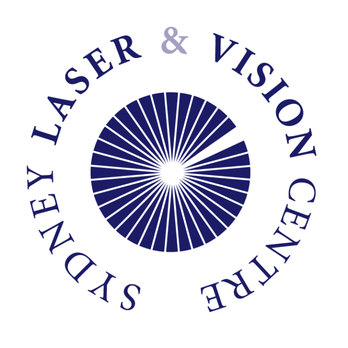Don’t Be Blind to the Consequences of Diabetes
When most people are asked to list the various ways that you could go blind, few would list diabetes in their top ten. However, this lack of awareness is something that Sydney ophthalmologist Dr David Robinson is trying to change.
Dr David Robinson wants to raise awareness of the dire consequences of diabetes to our vision on World Diabetes Day, this Sunday November 14.
“90% of all vision impairment is preventable,” Dr Robinson says, “as indeed is Diabetes Type II and blindness due to Diabetes Type II.”
Almost 10 per cent of Australians are impacted by Diabetes type II. Diabetic retinopathy (or diabetes-related eye disease) is actually the most common cause of blindness in working-age adults. However, this is far from the only visual complication of Diabetes type II. “Macular oedema, retinal detachment, glaucoma and cataracts are other conditions which may be caused and exacerbated by Diabetes type II,” Dr Robinson said.
Unfortunately, the longer you suffer from Diabetes type II, the greater the risk of developing eye damage. Eye damage occurs when Diabetes damages the blood vessels in the eye. “Patients need to be wary of symptoms such as such as blurry vision, “floaters” and black spots in the field of vision, straight lines appearing blurry, poor colour perception and loss of vision,” Dr Robinson explains.
Early detection, and then early intervention, is paramount in reducing a patient’s risk of permanent vision impairment. According to Diabetes Australia, approximately 50% of people living with Diabetes in Australia do not have regular eye checks[1]. These checks are paramount in helping detect diabetes-related eye diseases early and thus ensuring that they can be treated more successfully and far less invasively.
Of course, prevention is the best medicine of all. The Australian Society of Ophthalmologists called on the Australian Federal Government to introduce a sugar-tax as far back as 2016. Ophthalmologist and Australian of the year in 2020, Dr James Mueke, has been similarly vocal regarding our need to cut sugar from our diets in order to improve our overall health and especially blindness caused by Type II diabetes. However, in the end, it is up to us as individuals to take responsibility for our own health. “Embracing a diet low in sugar and highly processed foods, high vegetables and omega 3 rich foods such as salmon, as well as having regular eye checks, are the best ways to protect your eyes from Diabetes Type II and its associated eye diseases,” Dr Robinson said.
[1] https://www.diabetesaustralia.com.au/news/2201/
